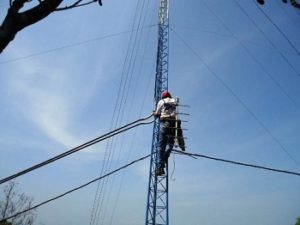LESSON
Lesson Learned: Civic Involvement for Transparency and Accountability in Kosovo
Community engagement was the area where the project had the greatest short-term impact. Most municipal assembly Heads, mayors and senior local government officials, had little or no previous exposure to meetings where they interacted with local community members on their concerns and priorities. The project introduced community consultations and more elaborate Town Hall meetings. This innovation was quite successful it persuaded municipal leaders of the value of citizen engagement. It also led to concrete results when issues raised by the community were included in municipal budgeting.
Project Partner
Kosova Democratic Institute
Project Description
Within the broader context of advancing good governance at local level, the project objective was to enhance the involvement of civil society in local governance through: local assembly monitoring; policy analysis and policy dialogues with public officials; and advocacy campaigns.
The grantee sought to promote two-way communications between local officials and citizens in 14 selected municipalities and to support the strengthening of the capacities of locally-based CSOs to monitor the performance of municipal assemblies and municipal government in order to improve accountability. The emphasis of the project on transparency and accountability in municipal government while also reinforcing the position and capacities of civil society at local level was entirely appropriate. The project took place in a difficult context. Yet, despite having to deal with public passivity and indifference about politics, along with a political establishment under little direct pressure to change, it did succeed in highlighting the importance of democratic processes and in engaging citizens in the public sphere. It also made some progress in pressing local government institutions to think differently about their responsibilities.
Report
Evaluation Date
August 2015
Theme
Country
